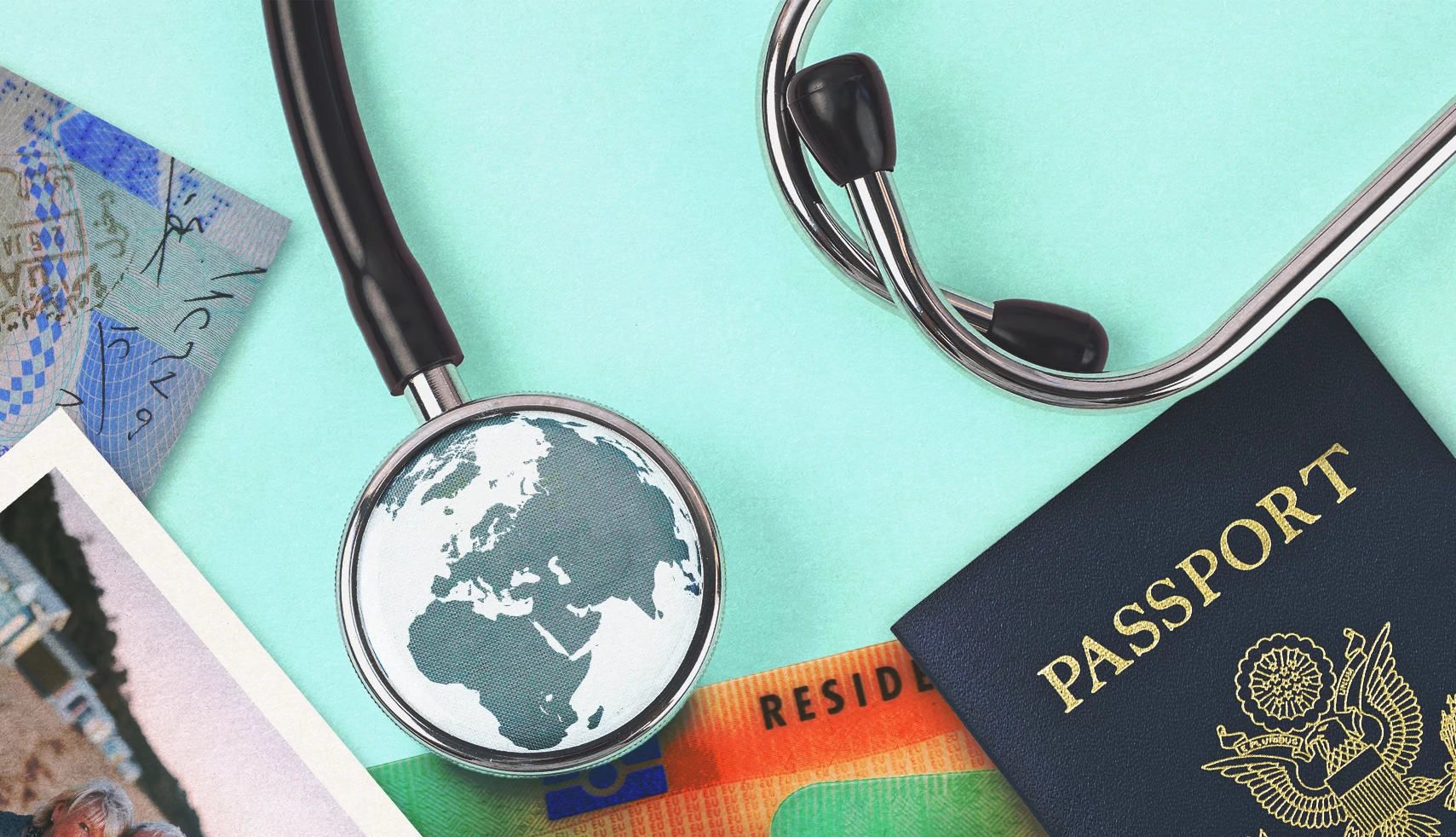AARP Hearing Center


Not all retirees want to become snowbirds or move into 55-plus communities. An increasing number of older Americans are choosing to spend their golden years abroad, seeking adventure or a more affordable lifestyle.
In a February 2025 Harris Poll, 26 percent of boomer respondents and 35 percent of Gen Xers said they were considering a move out of the U.S. within the next two years. More than 700,000 Americans already collect their Social Security payments overseas.
For older Americans mulling an international retirement, future health needs are a crucial consideration. As you age — and your risk for chronic conditions like heart disease, arthritis and dementia rises — living in a country that offers quality, affordable health care becomes increasingly important.
Such care is increasingly available overseas, a key factor shaping retirement decisions for a growing number of older Americans, according to a November 2025 report from International Living magazine.
“When folks talk to us about retiring abroad, health care is no longer a side question; it’s becoming one of the main drivers,” says Jennifer Stevens, the magazine’s executive editor. “People want good doctors, modern hospitals and costs they can plan for. In many countries, that’s exactly what they find.”
Here are five questions you’ll want answered if you decide to make the big move.
1. Can my chosen country meet my medical needs?
People considering a move to another country typically assess factors such as its climate, culture and housing market. Look just as rigorously at its health care system. “While many retirement hot spots are ideal for their climate and amenities, they may not provide access to the level of health care [needed] to meet the growing number of medical conditions most older individuals eventually develop,” says Dr. Cai Glushak, a clinical professor of medicine at the University of Chicago.
To get an accurate picture, check the World Health Organization’s country-by-country data on metrics such as health coverage, life expectancy and the ratio of doctors to population. And look for hospitals and medical centers in your target country that are accredited by the Joint Commission International (JCI), a global health care nonprofit.
2. How will I access care?
You might envision retiring to a charming hillside hamlet or a scenic village by the sea, but finding the medical professionals you need in these remote locales may be difficult or impossible.
“The best, most accessible care will be in the cities,” says Dr. Michelle Scullock, an internal medicine physician in Charlotte, North Carolina, who writes about health care abroad on her website, My Stethoscope Travels.
If you’re intent on living in a small town or remote region, buy a private insurance policy that includes medical evacuation insurance to help cover the cost of getting to a big city or back to the U.S. in an emergency, she says.




































































More From AARP
There's More Than One Way to Retire Abroad
Visa options and extended stays offer multiple paths to an immersive expat experience
9 Great Affordable Places to Retire Abroad
Retirement hotspots where you can ive cheaply and well in Italy, Panama, Thailand and moreManaging Finances When Retiring Abroad
What older expats need to know about banking, taxes and more